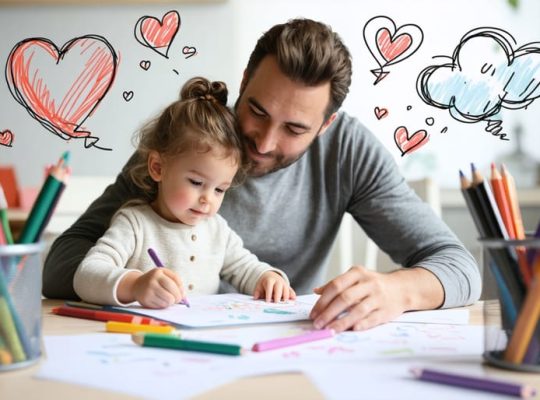Mental Health Literacy: Empowering Parents to Support Children’s Emotional Well-being
Mental health literacy empowers us to recognize, understand, and effectively respond to mental health challenges in ourselves and others. Just as we learn to read and write, developing the ability to support children’s emotional well-being requires specific knowledge and skills. This vital competency encompasses understanding mental health symptoms, knowing when to seek help, and breaking down stigma through education and awareness. For parents, teachers, and healthcare professionals, strong mental health literacy serves…










